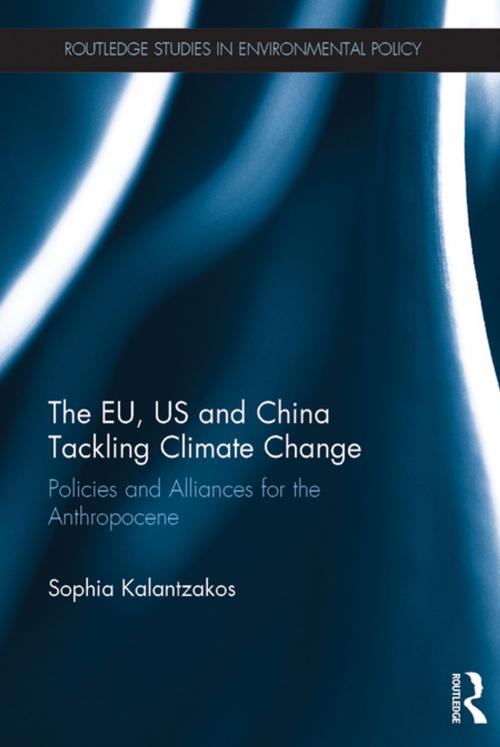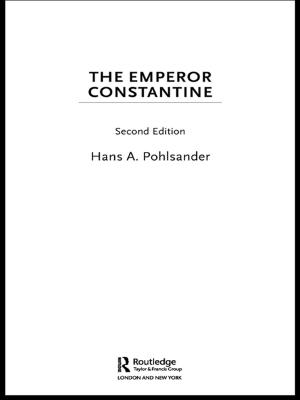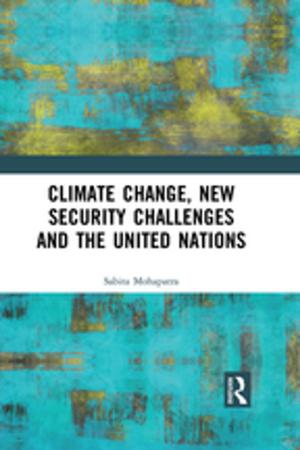The EU, US and China Tackling Climate Change
Policies and Alliances for the Anthropocene
Business & Finance, Economics, Sustainable Development, Nonfiction, Social & Cultural Studies, Political Science, Government, Public Policy| Author: | Sophia Kalantzakos | ISBN: | 9781315298856 |
| Publisher: | Taylor and Francis | Publication: | July 14, 2017 |
| Imprint: | Routledge | Language: | English |
| Author: | Sophia Kalantzakos |
| ISBN: | 9781315298856 |
| Publisher: | Taylor and Francis |
| Publication: | July 14, 2017 |
| Imprint: | Routledge |
| Language: | English |
The feeling of optimism that followed the COP 21 Paris Conference on Climate Change requires concrete action and steadfast commitment to a process that raises a number of crucial challenges: technological, political, social, and economic. As climate change worsens, new robust leadership is imperative.
The EU, US and China Tackling Climate Change examines why a close collaboration between the EU and China may result in the necessary impetus to solidify a vision and a roadmap for our common future in the Anthropocene. Kalantzakos introduces a novel perspective and narrative on climate action leadership through an analysis of international relations. She argues that a close EU-China collaboration, which does not carry the baggage of an imbedded competition for supremacy, may best help the global community move towards a low carbon future and navigate the new challenges of the Anthropocene. Overall, Kalantzakos demonstrates how Europe and China, already strategic partners, can exercise global leadership in an area of crucial common interest through their web of relations, substantial development aid, and the use of soft power tools throughout the developing world.
This book will be of great interest to students and scholars of environmental politics, international relations, climate change and energy law and policy.
The feeling of optimism that followed the COP 21 Paris Conference on Climate Change requires concrete action and steadfast commitment to a process that raises a number of crucial challenges: technological, political, social, and economic. As climate change worsens, new robust leadership is imperative.
The EU, US and China Tackling Climate Change examines why a close collaboration between the EU and China may result in the necessary impetus to solidify a vision and a roadmap for our common future in the Anthropocene. Kalantzakos introduces a novel perspective and narrative on climate action leadership through an analysis of international relations. She argues that a close EU-China collaboration, which does not carry the baggage of an imbedded competition for supremacy, may best help the global community move towards a low carbon future and navigate the new challenges of the Anthropocene. Overall, Kalantzakos demonstrates how Europe and China, already strategic partners, can exercise global leadership in an area of crucial common interest through their web of relations, substantial development aid, and the use of soft power tools throughout the developing world.
This book will be of great interest to students and scholars of environmental politics, international relations, climate change and energy law and policy.















